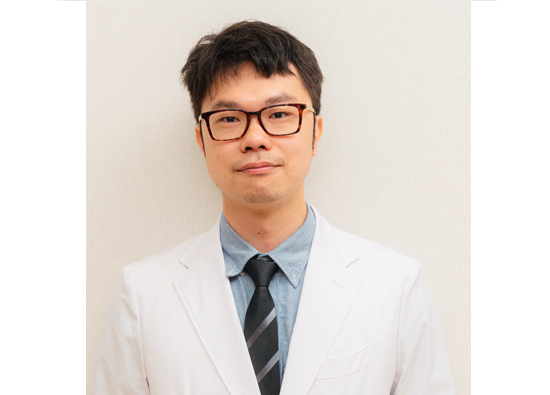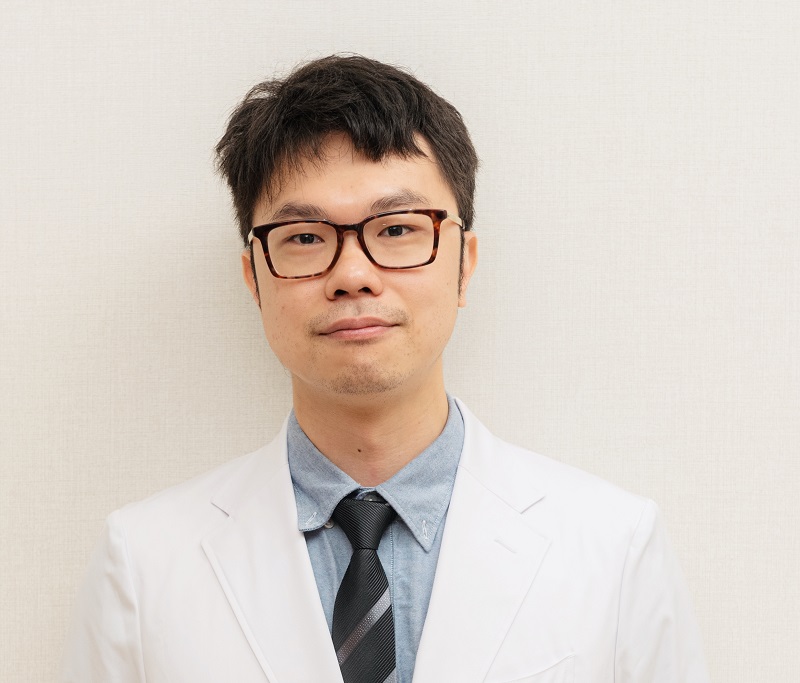10.2020 Life Guide
Trouble walking, knee pain in climbing stairs? On degenerative arthritis
Dr. Wang zhengci, orthopedic department of Far Eastern Memorial Hospital /


The weakness of climbing stairs, abnormal joint sounds, knee joint problems have long troubled many middle-aged and elderly people, and even affect the quality of life. Taiwan has already entered an advanced age society, and the prevalence of degenerative knee arthritis is increasing year by year. In the early stage of degeneration, hyaluronic acid and PrP injection, combined with rehabilitation exercise and drugs, can effectively relieve pain; if at the end of the disease, conservative treatment is no longer effective, but surgical intervention is an effective and reliable way.
Knee cartilage provides joint rotation and shock absorption function. If cartilage is injured or natural aging, it will cause wear and spur proliferation. The initial symptoms may be stiffness and swelling of the knee. In the middle stage, even if you don't walk, you will feel pain. At the end of the period, you may even have appearance deformation (e.g. O-shaped leg or X-shaped leg), which requires regular medication to control the symptoms.
How to prevent degenerative arthritis?
Before degenerative arthritis of the knee, it is necessary to develop appropriate and appropriate exercise habits, which is conducive to exercise the muscle strength near the joint, improve the joint strength and health, and help the joint bear the body weight.
Does joint degeneration need operation?
The common symptoms in the early stage of joint degeneration include: inflexibility and stiffness, which can be prevented by proper exercise and muscle strengthening. However, when the joint is damaged to a certain extent or the body cannot repair itself, it is necessary to evaluate whether conservative treatment can relieve inflammation and pain.
Generally speaking, most of the early knee joint degeneration are treated with reliable conservative treatment to control the symptoms. The treatment methods include oral medication, rehabilitation, injection therapy, etc. if the symptoms are mild or moderate, non-invasive conservative treatment is usually preferred, such as NSAIDs, or painkillers without anti-inflammatory components. As for oral steroids, long-term use of oral steroids is recommended Its side effects are great, and it is rarely used nowadays.
Weight loss of 1 kg can reduce the pressure of knee joint by 4 times
"Weight loss and proper exercise" is a very important concept in the treatment of degenerative arthritis. For every kilogram of weight lost, the joint pressure can be reduced by 4 times. In addition, according to the traditional concept, if you feel pain, you should rest more. In fact, moderate intensity exercise (including weight training) will not cause knee degeneration. Even patients with knee joint degeneration should not stop here Instead of sports, we should choose swimming, muscle strength training and other suitable sports. In short, we must abandon the old thinking that "all stress causes joint degeneration" or "joint degeneration should take more rest".
Hyaluronic acid injection therapy
Hyaluronic acid injection is a common treatment for degenerative arthritis, the purpose of which is to maintain and lubricate the joint. Some medical studies believe that injection of hyaluronic acid has analgesic effect, but it can not make cartilage regeneration and reduce spur proliferation. Therefore, it can be regarded as an adjuvant therapy to help the degenerative joints regularly lubricate and maintain, combined with sports and taking drugs, so as to prolong the service life of joints.
At present, hyaluronic acid injection therapy is entitled to health insurance benefits, but it must meet certain standards, including those who have received drugs in the same hospital, or those who have not improved after conservative treatment such as rehabilitation for more than half a year. It is suggested to discuss with doctors whether they meet the health insurance payment standard, so as to save medical expenses for themselves.
Is injection of autologous high concentration platelet plasma (PRP) effective?
Another common treatment is to inject "platelet rich plasma" (PRP), which is to extract the patient's own blood and centrifugate it to produce a higher concentration of platelet plasma than the original blood. The principle of treatment is to use the growth factor rich in platelets to provide the raw materials for self repair, let the tissue regenerate, stop the necrosis and wear of chondrocytes, prevent inflammation and relieve pain. However, PrP does not have health insurance benefits at present, and the price is relatively expensive. It is recommended to consult a doctor before deciding whether to inject.
However, PRP is not a panacea. The effect of PrP depends on the patient's constitution, the severity of tissue damage, and the dosage of PrP. Especially for patients with acute inflammatory symptoms, they may become more and more serious. In addition, in patients with autoimmune diseases (such as rheumatoid arthritis), the effect may be poor. As for patients taking anticoagulants for heart disease, the effect of PRP may be poor, PRP injection is not suitable.
Autologous adipose stem cell therapy
In recent years, stem cell therapy for early degenerative arthritis of the knee, in terms of safety, efficacy, durability, etc., has been confirmed by many literatures. Autologous adipose stem cell therapy is to extract stem cells from their own adipose tissue, and then transplant them to the knee joint after sufficient proliferation. Because of the ability of regeneration and differentiation, stem cells can proliferate into the same cells, and differentiate into adipose, bone, cartilage, muscle, nerve and vascular endothelial cells. In addition, adipose derived stem cells can also secrete a variety of growth factors and cytokines to promote the repair of human tissues and organs, as well as immune regulation and anti-inflammatory functions. The orthopedic department of Far Eastern Memorial Hospital started human clinical trials in 2017. Most of the subjects were well followed up, and their joint pain, activity function and imaging examination were improved. At present, they have also passed the Ministry of health and welfare special management method to benefit patients with knee arthritis.
What are the surgical treatments?
Once all conservative treatment is ineffective, surgical treatment can be considered in the face of the end of degenerative knee arthritis. "Knee arthroplasty" is to replace the articular surface of the thigh and the lower leg with metal, and put polyethylene plastic gasket in the middle to avoid wear and tear. It is a very fast and effective way. You can get out of bed immediately after operation and walk normally in a few weeks. For younger patients, knee sparing surgery can also be selected. Using 3D customized molds, the tibia of the leg can be precisely cut, and the load-bearing axis of the body can be transferred, which can effectively reduce the pain and retain the natural joints.
Although many treatments for degenerative arthritis have been introduced above, we hope that prevention is better than treatment in the face of any disease, maintain moderate exercise habits at ordinary times, and strengthen muscles as much as possible to maintain the most healthy body.



















